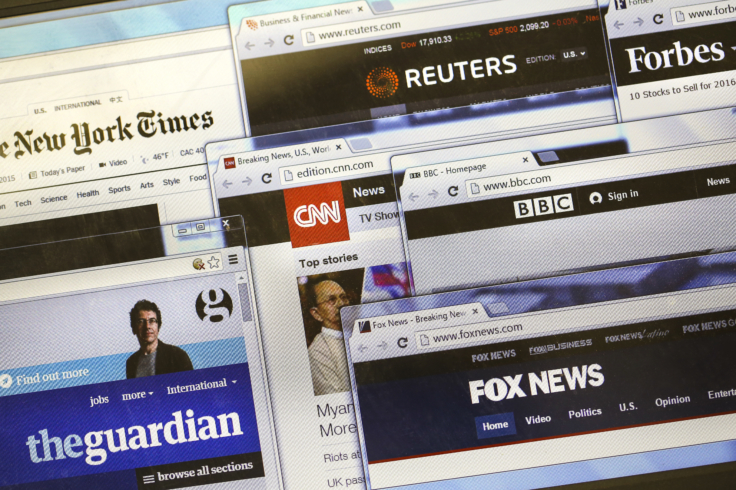How have Trump’s attacks on media impacted consumer trust in mainstream news?
President Trump’s continued attacks on media have recently driven many news organizations to take action to protect their reputation. But how have these attacks influenced consumers’ trust and perception of mainstream news? And should companies and brands adjust their earned media strategies accordingly?
Two new polls conducted by Gallup and Knight Foundation found that Americans believe news from various types of mediums (e.g., newspapers, TV, radio) is not only inaccurate, but also biased:
- U.S. adults noted they believe 62 percent of the news they read in newspapers, see on TV and hear on radio are biased, and 44 percent is inaccurate.
- U.S. adults were even more critical of news on social media. They believe 80 percent is biased, 64 percent is inaccurate, and 65 percent is misinformation.
According to Gallup, trust and confidence in the mass media peaked at 72 percent in 1976 around the Watergate scandal and the Vietnam War. Since then, trust has continued to decline steadily. In 2016, only 32 percent of Americans noted that they had a “great deal” or “fair amount” of trust in news outlets.
However, trust in media rose slightly to 37 percent last year. The same Gallup poll found that 62 percent of Democrats and only 14 percent of Republicans believe media “get the facts straight.” Gallup hypothesized that these results may be “at least partly attributable to President Donald Trump’s frequent invective toward the media.” However, the polling organization also pointed to a 2016 poll that revealed a “general loss of trust in the U.S. news media among Republicans over the previous 15 years.”
The same poll also found that Republicans’ and Democrats’ accuracy and bias ratings of a handful of news organizations (e.g., Fox News, Breitbart News, CNN and MSNBC) vary widely. And out of 17 major news outlets listed in the survey, Republicans only noted Fox News and The Wall Street Journal as unbiased.
While these results may simply point to a continued decline in trust, they’re important to keep in mind when developing or adjusting earned media relations strategies for your client or company. They can help you determine how best to reach specific audiences, especially if you’re looking to reach Republicans or Democrats as part of a larger public affairs campaign.



